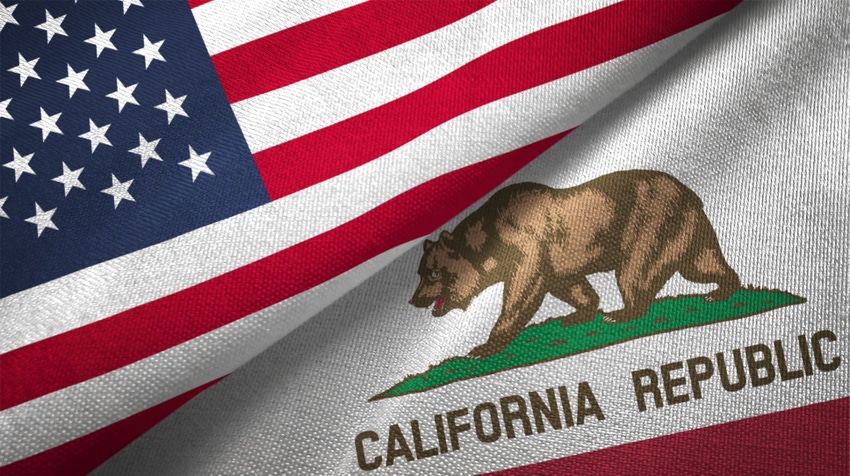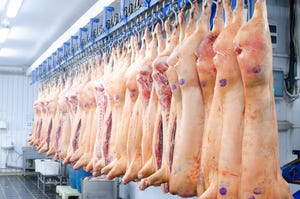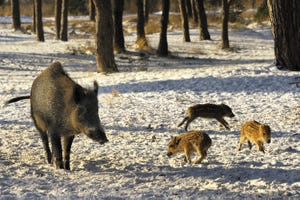Ernst urges SCOTUS to take on Prop 12, stand up for producers
EATS Act would block policies like California's Proposition 12 by prohibiting state, local governments from interfering with production in other states.
January 6, 2022

As the U.S. Supreme Court gets set to consider hearing a lawsuit against California's extreme new law to effectively ban bacon and other animal agricultural products produced in states like Iowa, U.S. Sen. Joni Ernst (R-Iowa), a member of the Senate Agriculture Committee, is urging the court to take up the case and to stand up for Iowa farmers who would be unfairly hurt by the new, overreaching and unconstitutional policy. Ernst released the following statement.
"Radicals in liberal states like California shouldn't be allowed to punish hardworking farmers and producers in Iowa with overreaching and unconstitutional policies like Proposition 12," said Sen. Joni Ernst. "It's imperative the Supreme Court takes up this case right away and makes clear that this harmful and extreme new law, which would effectively ban Iowa's pork, bacon, eggs and other top-quality agricultural products, needs to be thrown out. I'm urging the Supreme Court to act immediately in taking on this case and to stand up for our hardworking farmers."
In response to the new California law — known as Proposition 12 — that went into effect on Jan. 1, the National Pork Producers Council and the American Farm Bureau Federation have filed a lawsuit to block the policy. The U.S. Supreme Court is expected to consider the petition on Friday, Jan. 7.
Ernst introduced legislation, the Exposing Agricultural Trade Suppression (EATS) Act, to block policies like California's Proposition 12 by prohibiting state and local governments from interfering with the production or manufacture of agricultural products in other states.
Over 20 states have challenged California's Proposition 12.
The Commerce Clause of the Constitution of the United States provides the federal government with the duty to regulate interstate commerce. Consistent with that duty, the EATS Act prevents states from impeding agricultural trade from other states within the United States. State and local units of government would still be able to regulate farming and ranching within their own state, however, this legislation is clear: impeding trade from fellow states would be illegal.
You May Also Like



